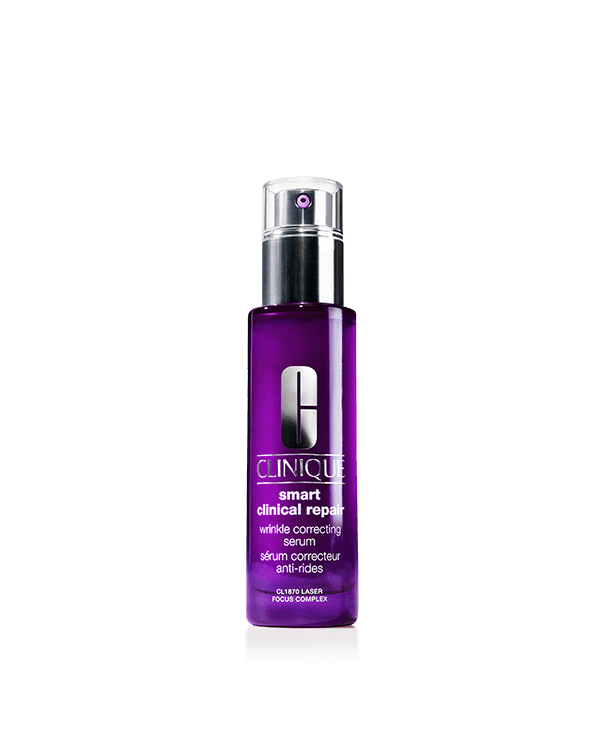
Everyone’s talking about retinol, but with so much information out there it’s hard to separate fact from fiction. So, who better to cut through the noise than London-based dermatologist Dr Emma Wedgeworth? Here, Dr. Wedgeworth answers some of the most common questions surrounding this skincare hero, aka the active ingredient in our bestselling Smart Clinical Repair™ Wrinkle Correcting Serum. Read on for our dermatologist’s guide to retinoids.









Should I only use retinoids at night?
Sound good? Meet the Smart™Clinical Repair family here. Plus, if you need a little help building an effective routine to tackle fine lines and wrinkles, book in for a Clinical Consultation, a series of four virtual consultations over the course of 12 weeks, where you can see both instant wins and results over time.
